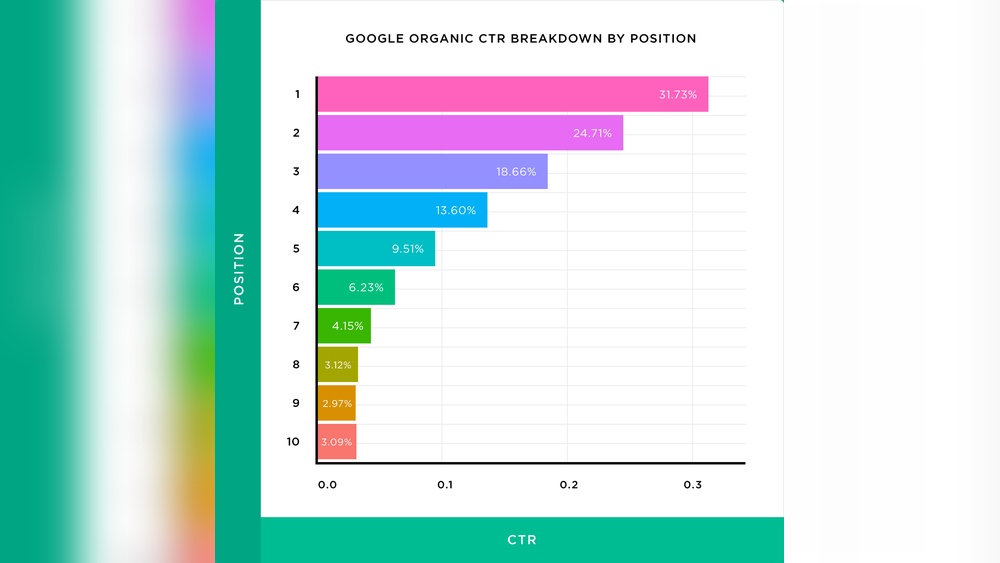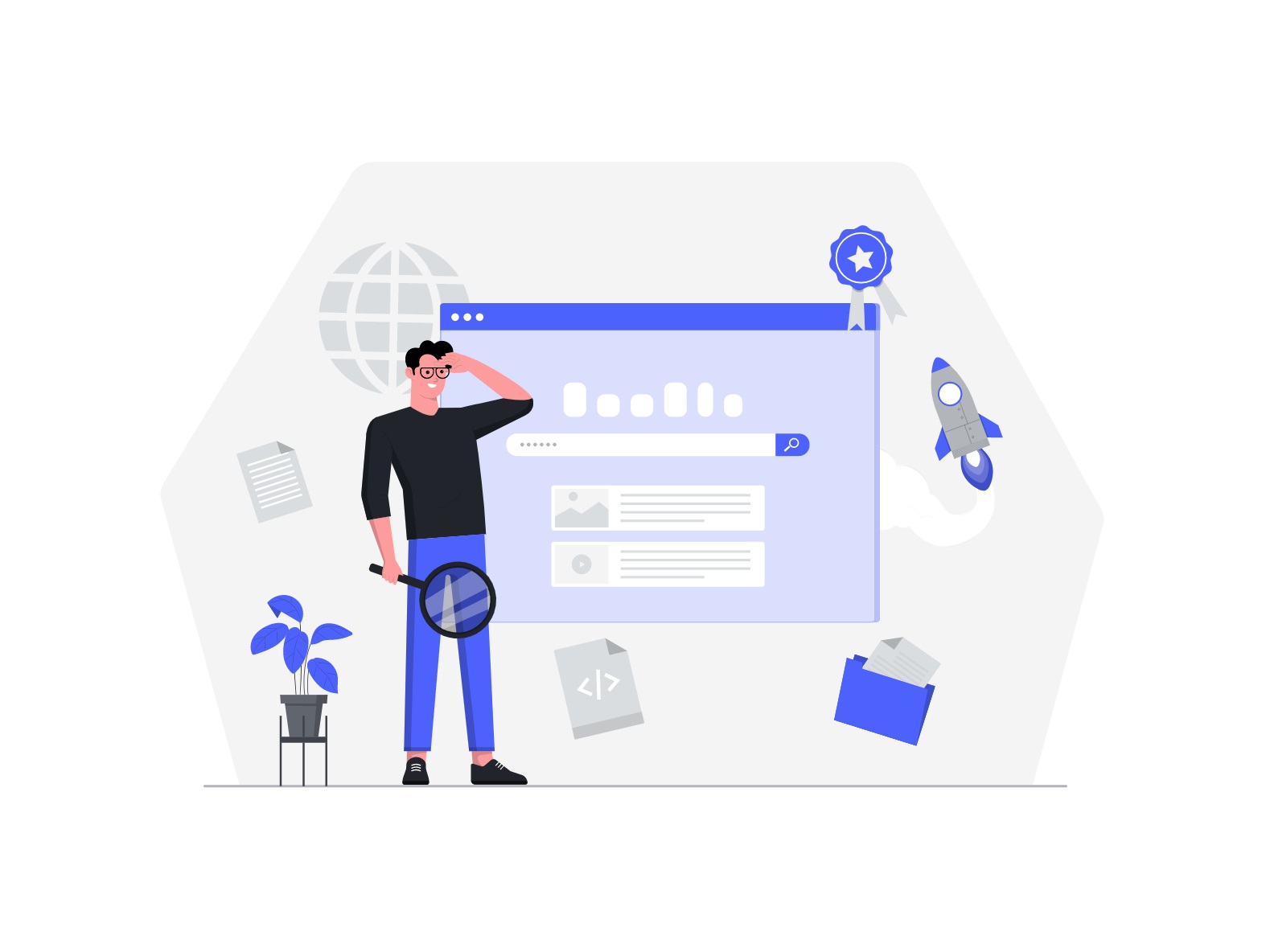
Search Engine Positioning: Boost Your Rankings Fast and Effectively
Want your website to stand out and attract more visitors? Understanding search engine positioning is the key.
It’s not just about being online—it’s about showing up where it counts. When your site ranks higher on search results, more people find you, trust you, and choose you over competitors. You’ll discover simple but powerful strategies to improve your position on search engines.
Ready to unlock the secret to growing your online presence and boosting your success? Let’s dive in.
Seo Basics
Understanding SEO basics is essential for improving your website’s position on search engines. SEO, or Search Engine Optimization, helps your site become more visible to people searching online. This section explains how search engines work and the key factors that affect your ranking.
How Search Engines Work
Search engines use bots to crawl web pages. They read content and follow links to find new pages. After crawling, they index the pages. Indexing means storing and organizing the pages in a database. When a user searches, the engine looks through this index. It finds the most relevant pages to show in the results. The goal is to provide useful and accurate answers quickly.
Key Ranking Factors
Several factors influence how a page ranks in search results. Keywords in the content help search engines understand the topic. Quality content that answers questions keeps visitors engaged. Fast loading speed improves user experience and ranking. Mobile-friendly design is crucial as many users browse on phones. Backlinks from trusted sites show authority and trust. Clear site structure helps both users and search engines navigate easily.
Keyword Research
Keyword research is the first step to improve your website’s search engine ranking. It helps you find the words people type in search engines. Using the right keywords makes your content more visible to the right audience. This increases your chance of getting more visitors and potential customers.
Finding High-impact Keywords
High-impact keywords attract more visitors to your site. These are words that many people search for. They match what your business offers. To find them, use tools like Google Keyword Planner or Ubersuggest. Look for keywords with good search volume and low competition. Focus on terms that relate closely to your products or services.
Using Long-tail Keywords
Long-tail keywords are longer, more specific phrases. They usually have less competition. These keywords help you reach people who want exactly what you offer. For example, “best running shoes for flat feet” is a long-tail keyword. They bring more targeted traffic. Use long-tail keywords in your content to attract serious buyers.
On-page Optimization
On-page optimization is a key part of search engine positioning. It means making changes directly on your website. These changes help search engines understand your content better. They also improve the experience for visitors. A well-optimized page ranks higher and attracts more clicks.
Optimizing Titles And Meta Descriptions
Titles and meta descriptions appear in search results. They need to be clear and include important keywords. A good title tells what the page is about in a few words. Meta descriptions give a short summary that encourages users to click. Both should be unique for each page. Avoid keyword stuffing. Keep them natural and easy to read.
Improving Content Quality
Content must be useful and answer users’ questions. Write in simple sentences and avoid jargon. Use keywords but keep the text natural. Break content into short paragraphs for easy reading. Add headings and lists to organize ideas. Fresh and original content helps your site stand out. Check for grammar and spelling errors.
Enhancing User Experience
User experience affects how long visitors stay on your site. A fast-loading page keeps users happy. Make sure your site works well on phones and tablets. Clear navigation helps users find what they need quickly. Use readable fonts and enough spacing. Remove distractions like pop-ups or autoplay videos. A good experience encourages visitors to return.

Technical Seo
Technical SEO is the foundation of strong search engine positioning. It ensures that your website runs smoothly and search engines can easily read and index your pages. Without a solid technical setup, your site may struggle to rank well.
Technical SEO covers many aspects, such as site speed, mobile usability, and fixing crawl errors. These factors improve both user experience and search engine understanding. A well-optimized site performs better in search results and keeps visitors engaged.
Boosting Site Speed
Fast-loading websites rank higher and keep visitors longer. Slow pages cause users to leave quickly. Compress images and use caching to speed up your site. Minimize code and remove unnecessary scripts. A quick site improves user satisfaction and search rankings.
Mobile-friendly Design
Most users browse on mobile devices. A responsive design fits all screen sizes perfectly. Google prefers mobile-friendly websites for ranking. Use simple layouts and readable fonts on phones. Test your site regularly on different devices for best results.
Fixing Crawl Errors
Crawl errors stop search engines from reading your pages. These errors can be broken links or server problems. Use tools like Google Search Console to find issues. Fix errors quickly to keep your site fully accessible. A clean crawl report helps your SEO efforts.
Link Building
Link building plays a key role in search engine positioning. It helps websites gain authority and trust. Search engines view links as votes of confidence. The more quality links a site has, the higher it can rank.
Not all links carry the same value. Good links come from reputable sites. Poor links can harm a site’s ranking. Careful strategy and effort are required to build strong links.
Earning Quality Backlinks
Quality backlinks come from sites related to your topic. They should have good reputation and traffic. Creating useful, original content attracts these links naturally. Guest posting on trusted blogs also helps. Sharing content on social media can increase visibility. The goal is to get links that bring real value and visitors.
Avoiding Bad Links
Bad links come from spammy or low-quality sites. These links may look suspicious to search engines. Buying links or joining link farms is risky. Such practices can lead to penalties and lower rankings. Regularly check your backlink profile for harmful links. Disavow any suspicious links to protect your site.

Local Seo Strategies
Local SEO strategies help businesses reach customers nearby. These methods focus on improving visibility in local search results. Small businesses gain more traffic and sales by targeting local audiences. Simple steps can make a big difference in local search rankings.
Optimizing Google My Business
Google My Business is a key tool for local SEO. It shows your business information in Google Search and Maps. Make sure your name, address, and phone number are correct. Add clear photos and update your business hours regularly. Respond to customer questions and messages fast. Use relevant categories to describe your business well.
Local Citations And Reviews
Local citations are online mentions of your business name and address. They help search engines trust your business location. List your business on local directories and websites. Keep your information consistent everywhere. Customer reviews improve your reputation and rankings. Encourage happy customers to leave honest reviews. Reply politely to all reviews, positive or negative.
Tracking And Analytics
Tracking and analytics are essential for effective search engine positioning. They show how well your website ranks and how visitors behave. This data helps improve your SEO plan steadily.
Without tracking, you cannot know which efforts bring results. Analytics provide clear insights into your site’s performance. Use this information to make smart changes and stay ahead.
Monitoring Rankings
Monitoring rankings means checking your position on search engines regularly. It reveals how keywords perform and if your site moves up or down. Use tools like Google Search Console or third-party rank trackers.
Track main keywords that bring traffic. Notice ranking changes after updates or new content. Quick detection of drops helps fix issues fast and keeps your site visible.
Using Analytics To Adjust Strategy
Analytics show which pages get the most visitors and where they come from. Study user behavior like time on site and bounce rates. This helps find what works and what needs improvement.
Use data to tweak content, keywords, and site structure. Focus on pages with high potential but low traffic. Adjust your strategy based on clear numbers, not guesswork.

Avoiding Seo Pitfalls
Search engine positioning can boost your website’s visibility. Avoiding common SEO pitfalls helps maintain steady growth. Small errors can cause big drops in ranking. Focus on clear strategies and smart practices to stay ahead.
Common Seo Mistakes
Ignoring keyword research wastes your efforts. Using too many keywords feels spammy to search engines. Copying content from other sites lowers your site’s trust. Slow page speed drives visitors away quickly. Missing meta descriptions means lost chances for clicks.
Staying Updated With Algorithm Changes
Search engines change their rules often. These updates affect how websites rank. Staying informed keeps your strategies effective. Follow official search engine blogs for news. Test your site regularly to catch issues early. Adapt your SEO to meet new standards.
Frequently Asked Questions
What Is Search Engine Positioning?
Search engine positioning refers to how high a website ranks on search results pages. Higher positions increase visibility and traffic. It depends on SEO strategies like keywords, content quality, and backlinks. Good positioning improves brand authority and user engagement, leading to better online success.
How To Improve Search Engine Positioning?
To improve positioning, optimize your website with relevant keywords, quality content, and fast loading speeds. Build authoritative backlinks and ensure mobile-friendliness. Regularly update content and use proper meta tags. Monitoring performance with analytics helps refine your SEO efforts for better rankings.
Why Is Search Engine Positioning Important?
Search engine positioning is crucial because it drives organic traffic, increases brand visibility, and boosts credibility. Higher rankings attract more clicks and potential customers. It reduces marketing costs by relying on organic reach rather than paid ads. Strong positioning supports long-term business growth online.
What Factors Affect Search Engine Positioning?
Key factors include keyword relevance, site speed, mobile optimization, quality backlinks, and user experience. Search engines also consider content originality and engagement metrics like bounce rate. Technical SEO elements like structured data and secure connections (HTTPS) impact rankings. Continuous optimization is essential to maintain good positioning.
Conclusion
Search engine positioning helps your website reach more people online. Good SEO practices improve your site’s visibility and traffic. Keep your content clear, relevant, and updated often. Use keywords wisely but avoid stuffing them. Monitor your progress and adjust your strategy regularly.
Success takes time, so stay patient and consistent. Small steps lead to better search rankings. Focus on providing value to your visitors. This way, your site will grow naturally and steadily.




